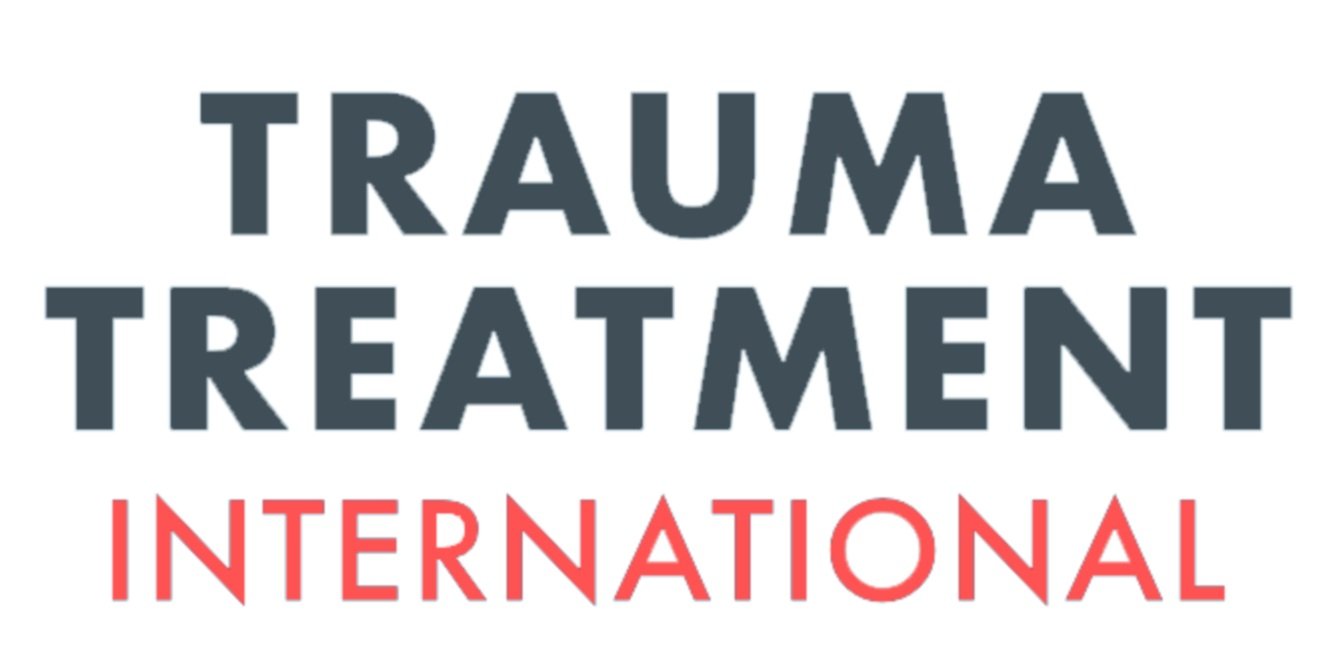stress
Stress is a normal response to facing more pressure than we can manage. However, if stress is continuous, it can lead to burnout and compassion fatigue unless we put things in place to look after ourselves. Here are some top tips to reduce the impact of stress and take care of yourself.
top tips for staff
ACKNOWLEDGE
That certain situations may create more pressure than you can cope with, leading to physical and psychological stress.
Signs of stress include:
Difficulty sleeping
Reduced appetite
Trouble focusing
Feeling more tired or irritable than usual
Increased nervousness or fear
Stomach aches, headaches, constipation or diarrhoea
Racing heart
Racing thoughts
Finding it difficult to enjoy usual activities
Finding it harder to switch off from work
Difficulty making decisions
Being more restless than usual
Increased tearfulness
Withdrawing from others
ACT
Try to have three meals a day, even if you don’t feel like it. Focus on healthy eating if possible
Take regular breaks throughout the day
Ensure you get enough sleep
Do some physical exercise, ideally outdoors or in green spaces
Use your support network; talk to friends, family and people you trust
Use distraction techniques like engaging in hobbies or activities unrelated to work
Prioritise tasks to manage time effectively
Identify when you have the most energy to tackle important tasks and break them down into achievable steps
Vary your workload and avoid back-to-back sessions
Ask for help when needed and set clear boundaries regarding your time and capacity
Talk to your manager about maintaining a realistic and manageable workload
Use peer support where available
Remember, you can only help others if you are helping yourself. Being kind to yourself allows you to be kind to others
top tips for managers
ACKNOWLEDGE
That you and staff members might be experiencing stress, based on the signs listed above.
ACT
If you notice that you are stressed, follow the top tips for staff. Remember that you are modelling what you would like them to be doing for themselves
Organise your time well so there’s time for increased supervision and support
If staff members are displaying signs of stress, ensure there is time taken to talk to them in a quiet and confidential space and offer appropriate support
Be approachable and available to talk outside of scheduled supervision times
Review and distribute workloads fairly and evenly among the staff team
Review capacity and signs of stress as part of regular supervision meetings
Encourage staff to find time to switch off and maintain healthy boundaries between work and personal life
Ensure staff have access to TTI’s leaflets, your organisational resources, HR support, and can refer themselves to occupational health or Employee Assistance Programmes
Find opportunities to bring staff together outside of work
If you would like support or training in reducing stress for your staff team or for TTI to provide direct input to assist, please email projects@tt-intl.org. Click here to download this information as a PDF.


